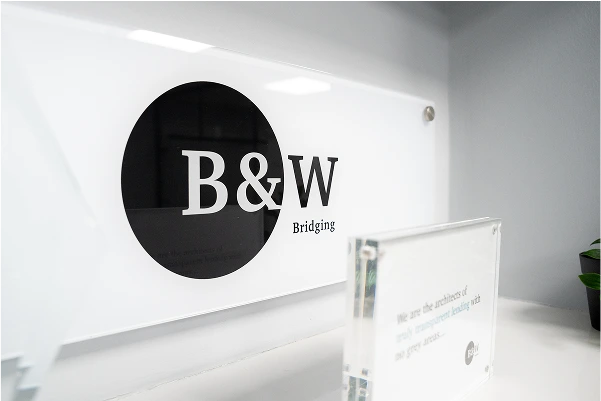Chancellor Rachel Reeves’ tearful appearance in Parliament earlier this month may have been sparked by a personal matter, but the market’s response was unmistakably political. In the immediate aftermath, UK borrowing costs surged and the pound dropped sharply. For many in financial services, the reaction echoed the turbulence seen during the 2022 mini-budget crisis, with analysts drawing comparisons between the two events. While mainstream commentary has focused on the implications for government borrowing and economic stability, the ripple effects for the UK bridging market are worth examining. The bridging sector, which specialises in short-term property finance, can be sensitive to movements in interest rates, market confidence, and investor sentiment. When gilt yields climb as they did following Reeves’ appearance, the cost of capital for non-bank lenders — many of whom rely on institutional credit lines or wholesale funding — rises too. That, in turn, means higher interest rates for bridging borrowers. For developers, landlords and property investors already operating on tight margins, more expensive finance can make deals less viable or push them to reconsider their timelines. The political climate Beyond the immediate pressure on pricing, political uncertainty tends to prompt a broader sense of caution among investors. Reeves’ emotional moment, coming in the context of a significant U-turn on welfare reforms, raised questions about the government’s control over its fiscal strategy. For institutional funders and overseas investors who back bridging lenders, any sign of instability at the top of government can shake confidence.
Why It Matters
How It Applies


Key Takeaway
Download our product guide



.webp)
.webp)









